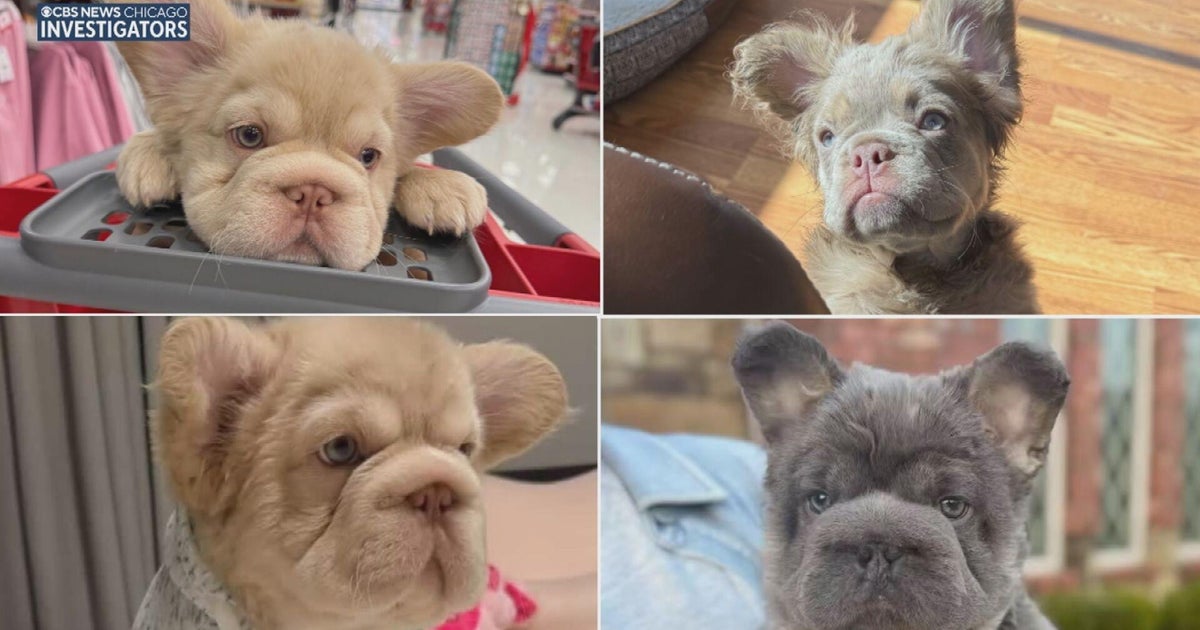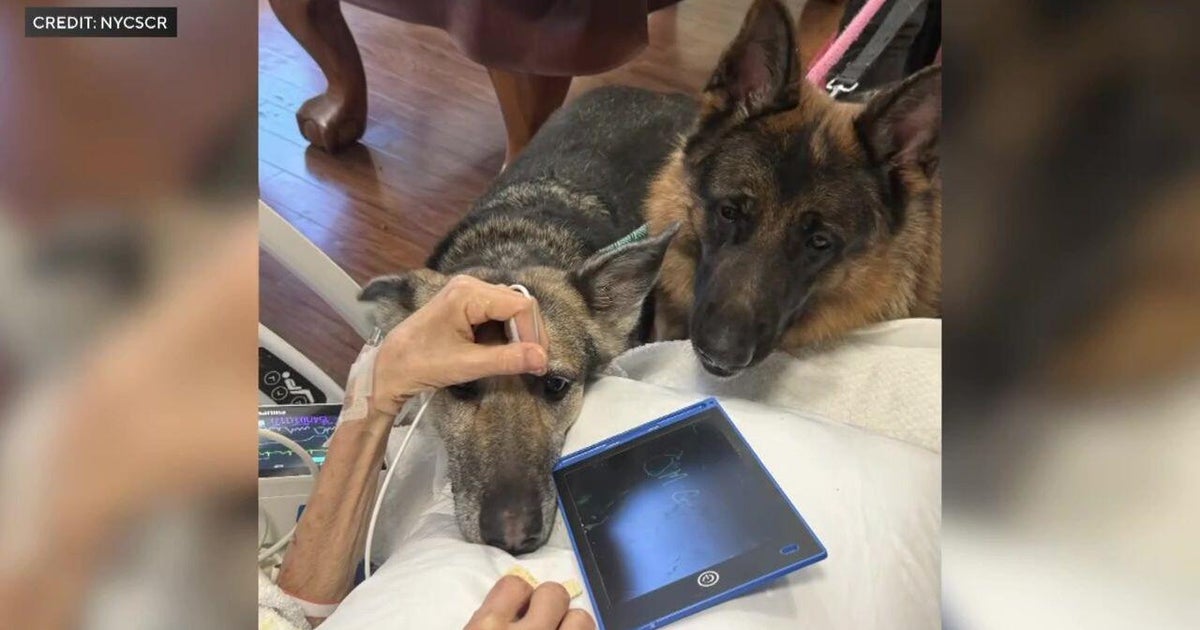When is the best time to get pet insurance for your dog? The answer may surprise you.
You want to give your dog the best life possible. But taking care of your furry friend can get expensive fast. Routine care alone can run you hundreds of dollars per year, and if your dog is sick or injured, bills could quickly climb into the thousands.
Pet insurance can help you manage costs by potentially reimbursing you up to 90% for qualified veterinary expenses. But as with many financial products, when you buy it can make a big difference in how much it helps you. If you've been considering getting pet insurance for your dog, it pays to know the best time to do so.
Start by getting a free pet insurance quote here to see how much coverage you can obtain.
When is the best time to get pet insurance for your dog?
There are plenty of times when pet insurance is worth purchasing, but the best time to get it is when your dog is still a puppy.
You may think puppies don't really need pet insurance because they're young and healthy, but that's precisely why their early years are the best time to get coverage. Consider the following:
You'll pay less
Older dogs tend to have more health problems. As a result, they cost more to insure. If you wait to get pet insurance, you could end up paying significantly more each month than if you get it now.
"It is not difficult to obtain pet insurance [for] older animals. However, the annual or monthly rate can be multiple times more than for a young healthy pet," says Ashley Rossman, DVM, co-owner of Glen Oak Dog and Cat Hospital.
If you buy coverage when your dog is young, you'll enjoy a lower rate — plus, they'll be protected for more of their lifetime.
You'll get better coverage
Most pet insurance providers don't cover pre-existing conditions (serious health issues your dog already has when you apply for a policy). Any treatment related to these conditions won't be covered — if you're able to get a policy at all. This is another reason why it pays to insure your dog at an early age.
"[W]e recommend pet owners check out insurance options early in a pet's life, before there is an issue," says Sarah Gorman, DVM, CCRP, managing veterinarian at Small Door Veterinary. "Pet insurance is typically not helpful for pets that had a significant medical history of illness, as once a medical condition is documented, most insurance companies will not cover anything related to that body system.
"Example: If a dog has a lameness three years ago that is documented, lameness or injuries to the limbs later in life would not be covered — sometimes even if it was not the leg that was injured!"
The younger your puppy is, the less likely they are to have developed a pre-existing condition. If you secure coverage now and they develop a condition later on, you can rest easier knowing your insurance could help pay for treating it.
Explore your pet insurance options by checking prices online today.
Their first few years can be pricey
The first year of pet ownership is expensive. A new dog needs everything from vaccinations to spaying or neutering to microchipping. The ASPCA estimates dog owners spend $3,221 on average the first year they have their dogs. Pet insurance can help offset these costs, allowing you to set your pup up for a happy, healthy life without breaking the bank.
In addition, puppies have a tendency to get into trouble. As they explore the world around them and learn how to play nice with others, they can hurt their legs, ingest something they shouldn't or suffer other issues requiring medical attention. You're already stressed enough trying to keep a constant eye on them; you shouldn't have to worry over how you'll afford it if you need to take them to the vet.
The bottom line
While puppyhood is the best time to get pet insurance, that doesn't mean you should forego it if your dog is an adult or older. Older dogs still benefit from pet insurance, and the sooner you apply for it, the better coverage you're likely to get (and at a better price).
So, don't wait. Start exploring your pet insurance options today. Your dog — and your wallet — will thank you.




